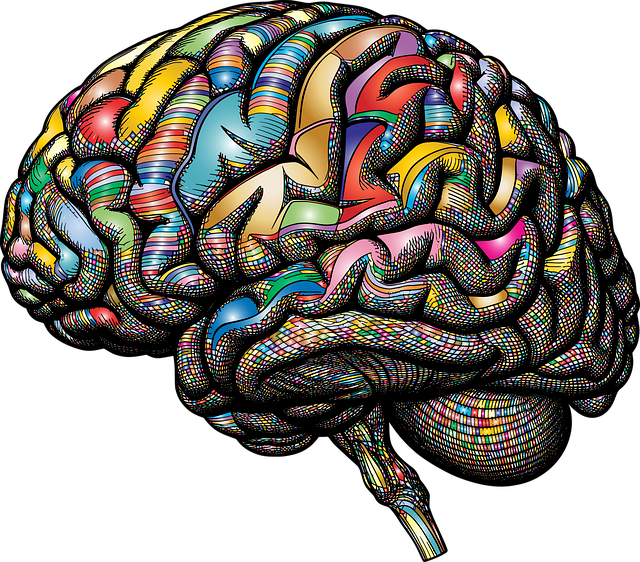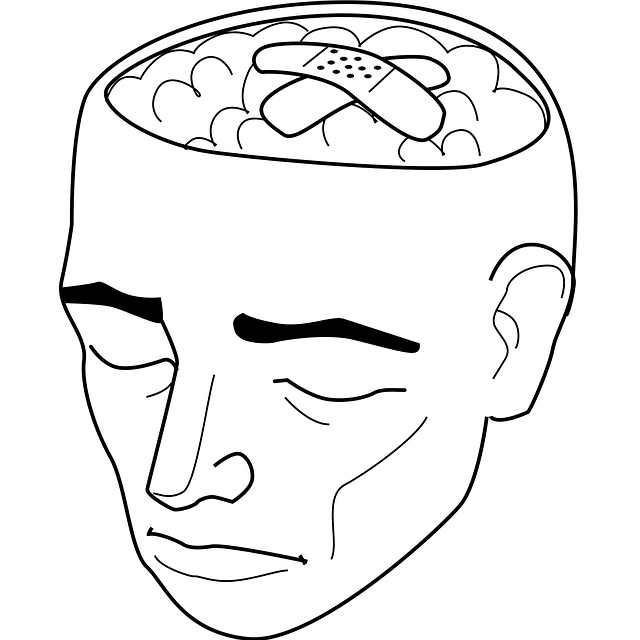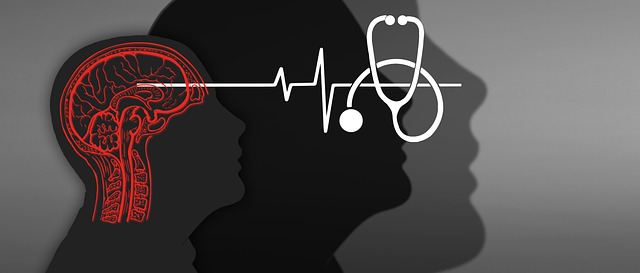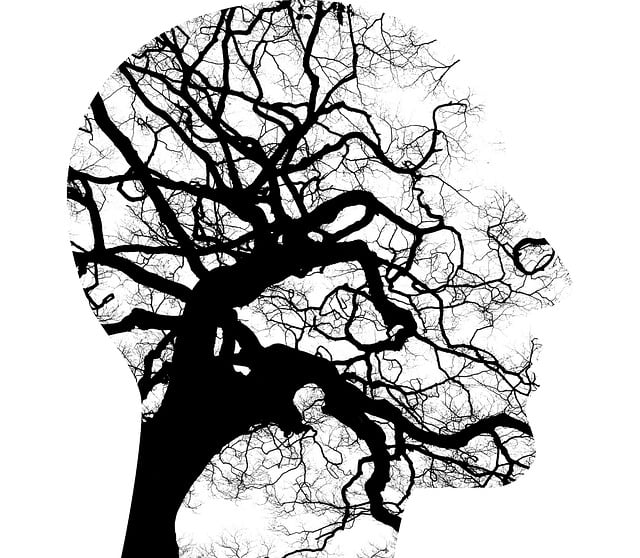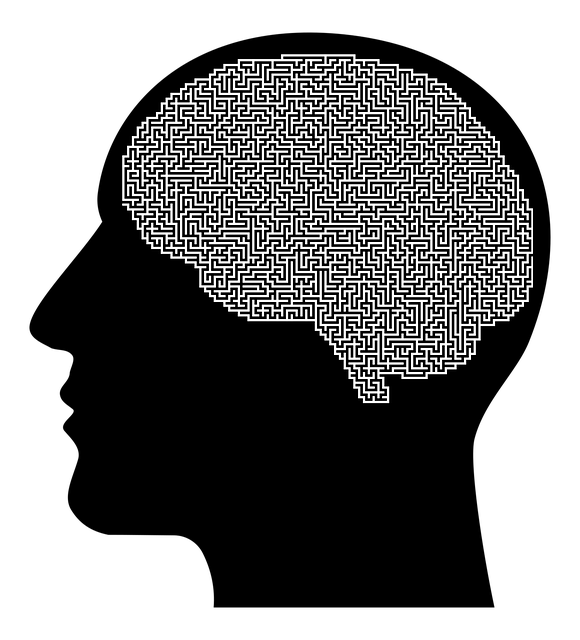Crisis Intervention Teams (CITS) provide specialized support for mental health crises in adolescents, teens, and geriatrics, focusing on evidence-based interventions and early prevention strategies. Tailored CIT training addresses distinct needs of each age group, empowering professionals to recognize warning signs, reduce stigma, and offer sensitive therapy. Interactive programs using case studies and role-playing enhance cultural competency, ensuring effective crisis management for at-risk populations, particularly vulnerable groups like adolescent teens and geriatrics.
Crisis Intervention Team (CIT) training programs play a pivotal role in equipping communities with vital resources to manage mental health crises among diverse populations. This article delves into the significance of CITs, focusing on tailored approaches for adolescents, geriatrics, and teens. We explore how customized training strategies, grounded in theoretical frameworks, translate into effective practices in real-world scenarios, particularly in providing therapy for adolescent teens and geriatrics.
- Understanding Crisis Intervention Teams: A Vital Resource for Diverse Populations
- Tailoring Training Programs for Adolescents, Geriatrics, and Teens
- Implementing Effective Strategies: From Theory to Practice in Real-World Scenarios
Understanding Crisis Intervention Teams: A Vital Resource for Diverse Populations

Crisis Intervention Teams (CITS) are a vital resource for addressing mental health crises across diverse populations, including adolescents, teens, and geriatrics. These specialized teams provide immediate support and evidence-based interventions to individuals experiencing severe emotional distress or suicidal ideation. By integrating CIT training into community settings, we empower professionals with the skills needed to recognize warning signs and deliver timely therapy for those at risk.
CITS offer a unique approach to depression prevention and burnout prevention by fostering self-awareness exercises tailored to individual needs. Through collaborative efforts, these teams ensure that everyone, regardless of age, has access to effective crisis management strategies. By promoting early intervention, CITS play a crucial role in mitigating the impact of mental health crises on vulnerable populations.
Tailoring Training Programs for Adolescents, Geriatrics, and Teens

Crisis intervention team training programs must be adaptable to meet the unique needs of different age groups. When tailoring these programs for adolescents and teens, a focus on developing emotional intelligence can help them recognize and manage their feelings during stressful situations. This approach not only aids in anxiety relief but also fosters resilience, which is crucial for navigating the challenges of adolescence. Incorporating mental illness stigma reduction efforts into training can further empower this demographic to seek support without fear of judgment.
Similarly, geriatric crisis intervention requires specialized training. As individuals age, they may experience different psychological responses to crises, often requiring tailored therapy for adolescent teens and geriatrics alike. Programs should address the specific emotional and cognitive changes associated with aging, ensuring that interventions are effective and sensitive to the needs of older adults. Effective training in this area can significantly improve outcomes, especially when considering the growing population of seniors facing various mental health issues.
Implementing Effective Strategies: From Theory to Practice in Real-World Scenarios

Implementing effective crisis intervention strategies requires bridging the gap between theoretical knowledge and practical application in real-world scenarios. Training programs must go beyond basic guidelines and equip participants with skills to navigate diverse populations, including adolescents, geriatrics, and individuals from various cultural backgrounds. The focus should be on fostering emotional healing processes, ensuring healthcare provider cultural competency training, and providing crisis intervention guidance tailored to these specific groups.
By incorporating case studies, role-playing exercises, and interactive workshops, trainees can gain hands-on experience in managing crises effectively. These practical approaches allow participants to apply theoretical concepts, enhancing their ability to respond sensitively and appropriately. Real-world scenarios enable learners to develop adaptive strategies, promote emotional healing, and offer guidance that respects cultural differences, ultimately improving the quality of care provided to vulnerable populations, such as adolescent teens and geriatrics.
Crisis intervention team training programs play a pivotal role in equipping professionals with the skills to support diverse populations during times of crisis. By tailoring these programs for specific age groups, such as adolescents, geriatrics, and teens, we ensure that interventions are culturally sensitive and effective. Implementing strategies from theory into real-world scenarios enhances the team’s ability to provide timely and appropriate therapy for adolescent teens and geriatrics alike, fostering a more compassionate and responsive support system.
